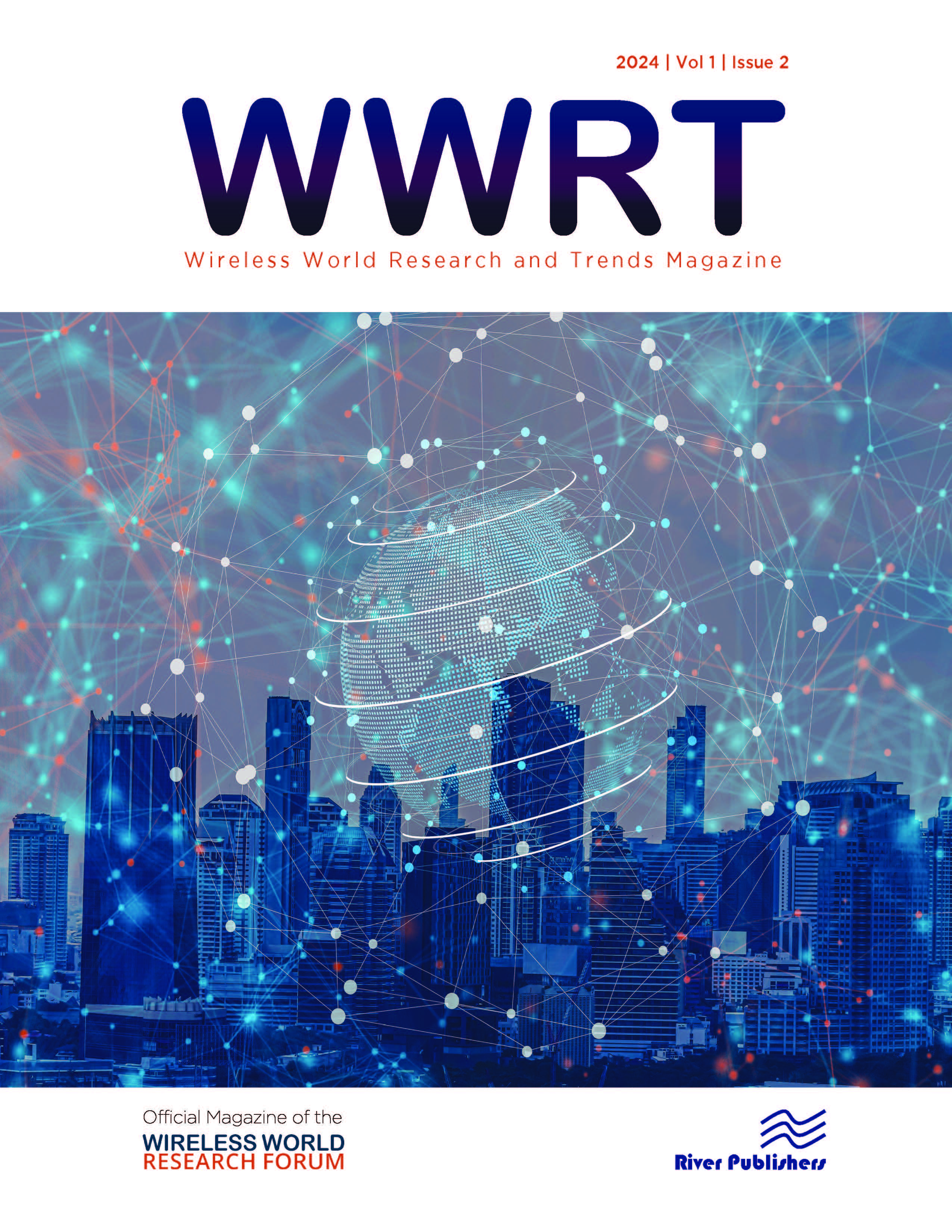Abstract
Machine learning plays a pivotal role in modern technology, driving advancements across various domains such as healthcare, finance, and autonomous systems. Federated Learning (FL) offers a significant advantage over traditional machine learning by enabling decentralized model training without requiring data to be centralized, thereby enhancing privacy and security. With the advent of 6G networks, which promise ultra-reliable low-latency communications (URLLC) and massive machine-type communications (mMTC), FL can be significantly enhanced. 6G’s improved bandwidth and latency characteristics will enable more efficient data exchange and model updates, further enhancing the adoption of FL. However, the performance of FL can be significantly affected by data distribution, particularly in non-IID (non-Independent and Identically Distributed) scenarios, where FL tends to perform poorly. This paper proposes a novel approach to enhance FL by integrating Transfer Learning (TL) and Continual Learning (CL), named Integrated Federated Transfer and Continual Learning (IFTCL). TL can extract features from client training samples to benefit subsequent clients, while CL mitigates catastrophic forgetting caused by heterogeneous data across clients. This integration improves FL performance under varying degrees of heterogeneous data distributions simulated by Dirichlet distribution, enhancing accuracy, convergence speed, and reducing communication overhead. The proposed method’s feasibility is validated using a publicly available radar recognition dataset.References
P. Popovski et al., “Wireless Access in Ultra-Reliable Low-Latency Communication (URLLC),” in IEEE Transactions on Communications, vol. 67, no. 8, pp. 5783–5801, Aug. 2019.
H. Zhao et al., “QUIC-Enabled Data Aggregation for Short Packet Communication in mMTC,” IEEE INFOCOM 2022 – IEEE Conference on Computer Communications Workshops (INFOCOM WKSHPS), New York, NY, USA, 2022, pp. 1–2.
K. Shailaja, B. Seetharamulu and M. A. Jabbar, “Machine Learning in Healthcare: A Review,” 2018 Second International Conference on Electronics, Communication and Aerospace Technology (ICECA), Coimbatore, India, 2018, pp. 910–914.
Y. W. Bhowte, A. Roy, K. B. Raj, M. Sharma, K. Devi and P. LathaSoundarraj, “Advanced Fraud Detection Using Machine Learning Techniques in Accounting and Finance Sector,” 2024 Ninth International Conference on Science Technology Engineering and Mathematics (ICONSTEM), Chennai, India, 2024, pp. 1–6.
G. Meena, D. Sharma and M. Mahrishi, “Traffic Prediction for Intelligent Transportation System using Machine Learning,” 2020 3rd International Conference on Emerging Technologies in Computer Engineering: Machine Learning and Internet of Things (ICETCE), Jaipur, India, 2020, pp. 145–148.
S. Dang, O. Amin, B. Shihada, and M.-S. Alouini, “What should 6G be?,” Nature Electronics, vol. 3, no. 1, pp. 20–29, Jan. 2020.
Bonawitz, K., et al. (2017). Practical Secure Aggregation for Privacy-Preserving Machine Learning. In Proceedings of the 2017 ACM SIGSAC Conference on Computer and Communications Security.
A. Elgabli, J. Park, S. Ahmed, and M. Bennis, “L-FGADMM: Layer-Wise Federated Group ADMM for Communication Efficient Decentralized Deep Learning,” in 2020 IEEE Wireless Communications and Networking Conference (WCNC), Seoul, Korea (South), 2020, pp. 1–6.
J. T. Raj, “Building Decentralized Image Classifiers with Federated Learning,” in 2020 IEEE Region 10 Symposium (TENSYMP), Dhaka, Bangladesh, 2020, pp. 489–494.
Y. Deng and X. Yan, “Federated learning on heterogeneous opportunistic networks,” in *2024 5th International Seminar on Artificial Intelligence, Networking and Information Technology (AINIT)*, Nanjing, China, 2024, pp. 447–451.
M. Baughman, N. Hudson, I. Foster, and K. Chard, “Balancing federated learning trade-offs for heterogeneous environments,” in *2023 IEEE International Conference on Pervasive Computing and Communications Workshops and other Affiliated Events (PerCom Workshops)*, Atlanta, GA, USA, 2023, pp. 404–407.
Q. Li, Y. Diao, Q. Chen, and B. He, “Federated learning on non-IID data silos: An experimental study,” in *2022 IEEE 38th International Conference on Data Engineering (ICDE)*, Kuala Lumpur, Malaysia, 2022, pp. 965–978.
Y. Ma, S. Chen, S. Ermon, and D. B. Lobell, “Transfer learning in environmental remote sensing,” Remote Sensing of Environment, vol. 301, p. 113924, Feb. 2024.
J. Chen, J. Li, R. Huang, K. Yue, Z. Chen, and W. Li, “Federated transfer learning for bearing fault diagnosis with discrepancy-based weighted federated averaging,” *IEEE Transactions on Instrumentation and Measurement*, vol. 71, pp. 1–11, 2022.
L. Wang, X. Zhang, H. Su and J. Zhu, “A Comprehensive Survey of Continual Learning: Theory, Method and Application,” in IEEE Transactions on Pattern Analysis and Machine Intelligence, vol. 46, no. 8, pp. 5362–5383, Aug. 2024.
J. Yao, Y. Zhang, Z. Xu, J. Sun, J. Zhou, and X. Gu, “Joint Latent Dirichlet Allocation for non-iid social tags,” in 2015 IEEE International Conference on Multimedia and Expo (ICME), Turin, Italy, 2015, pp. 1–6.

